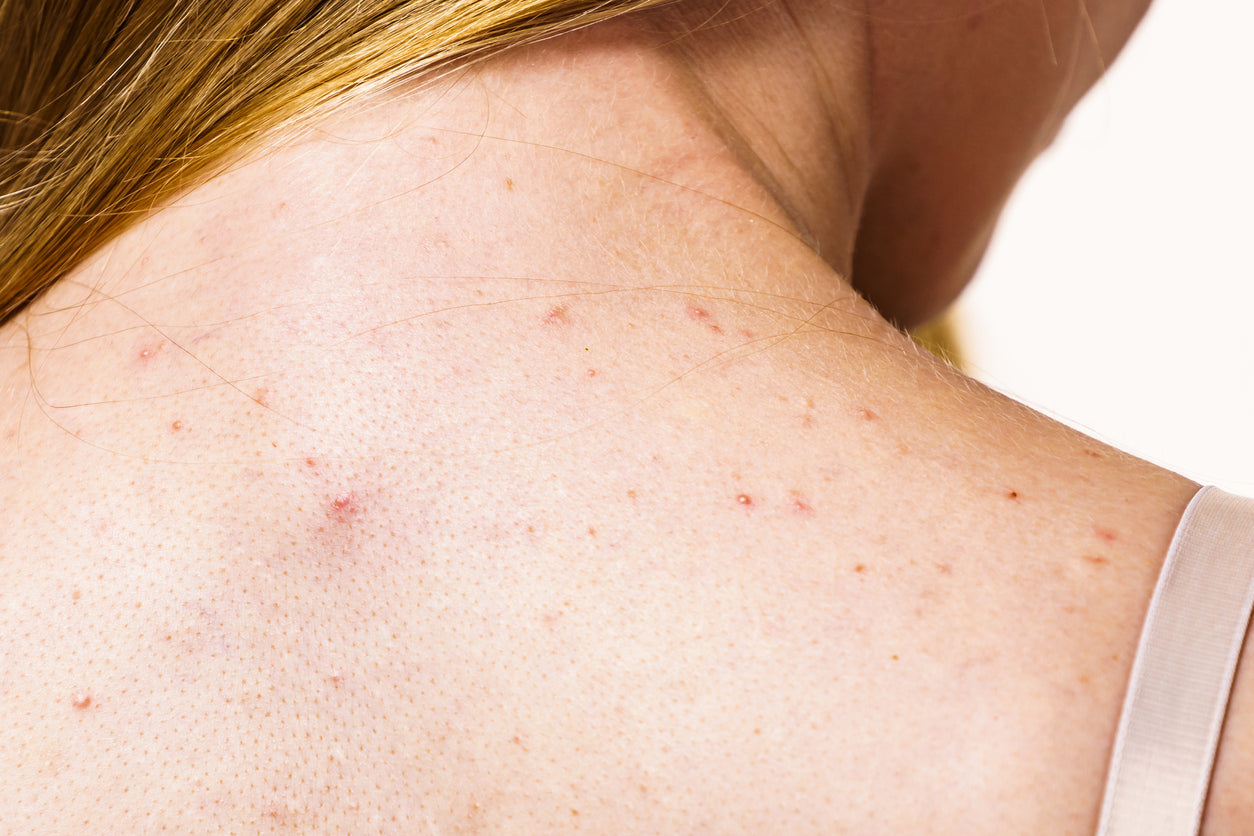Best Bedding for Acne-Prone Skin: Transform Sleep Comfort
For beauticians and skincare experts, understanding the link between bedding and the skincare issues faced by clients with acne-prone skin is vital. When addressing skin health, one can not overlook the importance of the sleeping environment. The quest to find the best bedding for such skin types can be transformative, and it is essential to integrate these principles into beauty routines.
The texture, material, and cleanliness of bedding can make a significant difference. It can be surprising for many to learn how deeply their skin condition is affected by what they sleep on every night. Improving sleep quality while simultaneously enhancing skin health can be achieved by focusing on the right bedding choices.
/assets/production/practices/c96a49dc6477bdcf653595264d5ac6dabb440f04/images/2492047.jpg)
Materials Matter: Choosing the Right Bedding Fabric
When selecting bedding, materials make a significant impact. Natural fibers like 100% cotton are often recommended for preventing body acne due to their breathability. They allow air to circulate and reduce moisture buildup, which is conducive to preventing bacterial growth that can exacerbate acne.
Conversely, synthetic materials like polyester may trap heat and sweat, creating a breeding ground for bacteria. Inform clients about these materials, emphasizing why picking soft, breathable fabrics is crucial for those with acne-prone skin.
Hypoallergenic Options: Reduce Skin Irritation
Considering hypoallergenic materials is another step beauticians can take in advising clients. Such options reduce the likelihood of skin irritation and allergic reactions. This is crucial in preventing acne flare-ups caused by allergens or irritation. Discussing these options can be invaluable during consultations with products for acne.
The Importance of Cleanliness: Regularly Changing Your Bedding
Merely choosing the appropriate materials isn't enough. Maintaining a hygienic sleep environment is just as critical. Dermatologists often advise changing sheets weekly for those with acne-prone skin, as this can significantly impact skin clarity.
Encourage clients to keep a consistent cleaning routine. Furthermore, you can refer them to resources like this guide on changing sheets for acne-prone skin to cultivate better habits.
Washing Techniques: Using Skin-Friendly Detergents
To protect sensitive skin further, the choice of laundry detergent is vital. Fragrance-free and non-comedogenic detergents ensure that no irritating residues remain on sheets. Educate clients about this and guide them towards products designed for sensitive skin conditions.
Pillows and Pillowcases: The Overlooked Elements
Often overlooked, pillows, along with pillowcases, hold a crucial role in maintaining clear skin. Silk or satin pillowcases are known to prevent friction and leave the skin less irritated than cotton. Moreover, ensuring that pillowcases are changed as frequently as sheets is another beneficial practice.
Consider recommending silk pillowcases to clients worried about hair and skin concerns. Delivering this recommendation provides an opportunity to embed beauty tips within consultations effectively.
Conclusion: Elevating Sleep and Skin Care
Advising on the best bedding for acne-prone skin involves more than just a simple fabric choice; it's about empowering clients to integrate healthy practices into their nighttime routine. Understanding the nuances of texture, hygiene, and proper materials plays a pivotal role in enhancing skin clarity and health.
For more insights on skincare routines and the impact of everyday items on skin health, you can also explore topics such as loofahs and acne in your practice.

FAQ Section
How often should bedding be changed for acne-prone skin?
It is recommended to change bedding once a week. Regular cleaning prevents oil, dirt, and bacteria buildup which can worsen acne conditions.
What is the best fabric choice for those with sensitive skin?
Natural fibers like 100% cotton or hypoallergenic materials are excellent for sensitive, acne-prone skin as they breathe more easily and avoid irritation.
What kind of laundry detergent should be used?
Opt for fragrance-free, hypoallergenic detergents to avoid skin irritation. These detergents are less likely to leave residues that could provoke acne flare-ups.
This article contains affiliate links. We may earn a commission at no extra cost to you.

